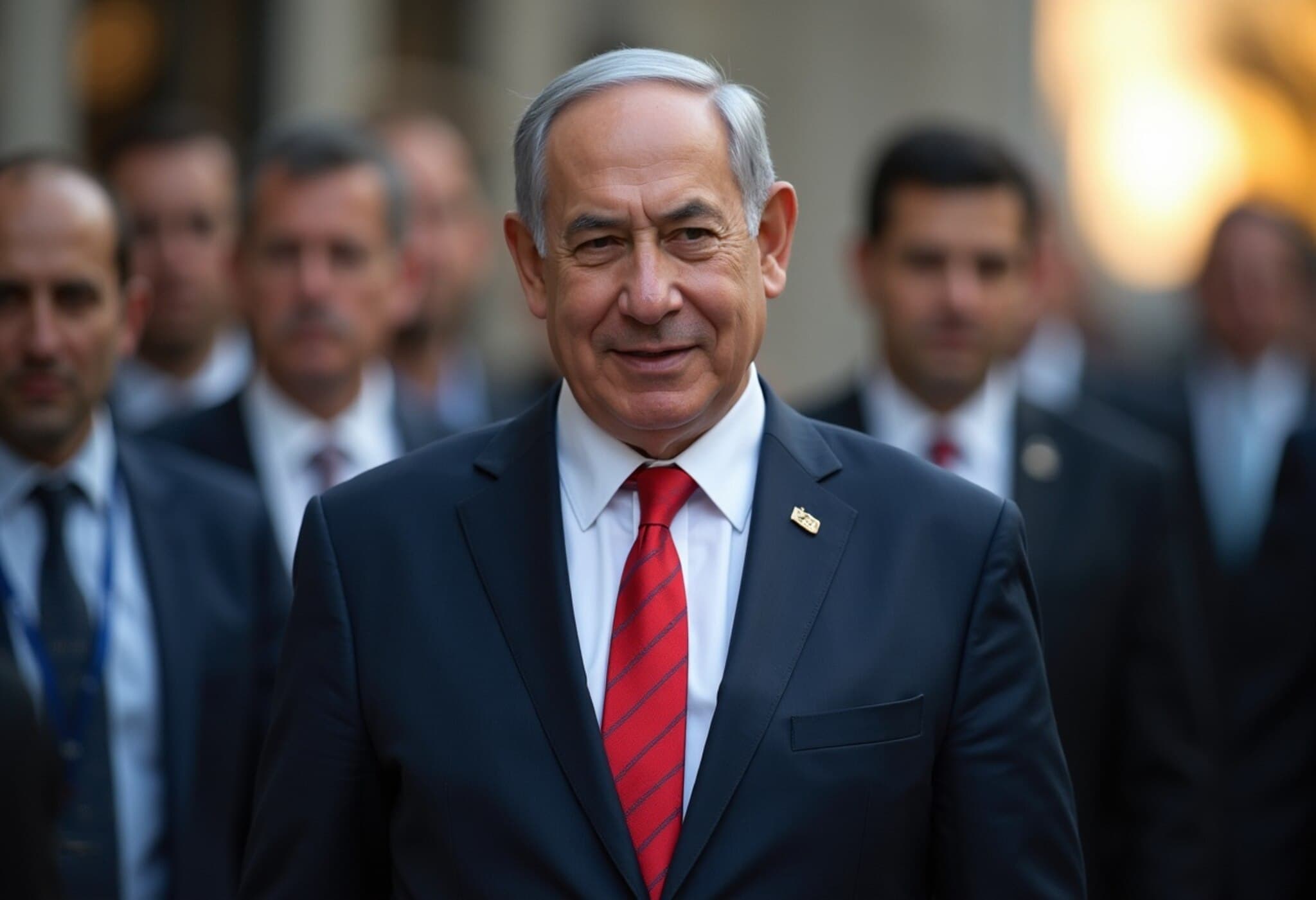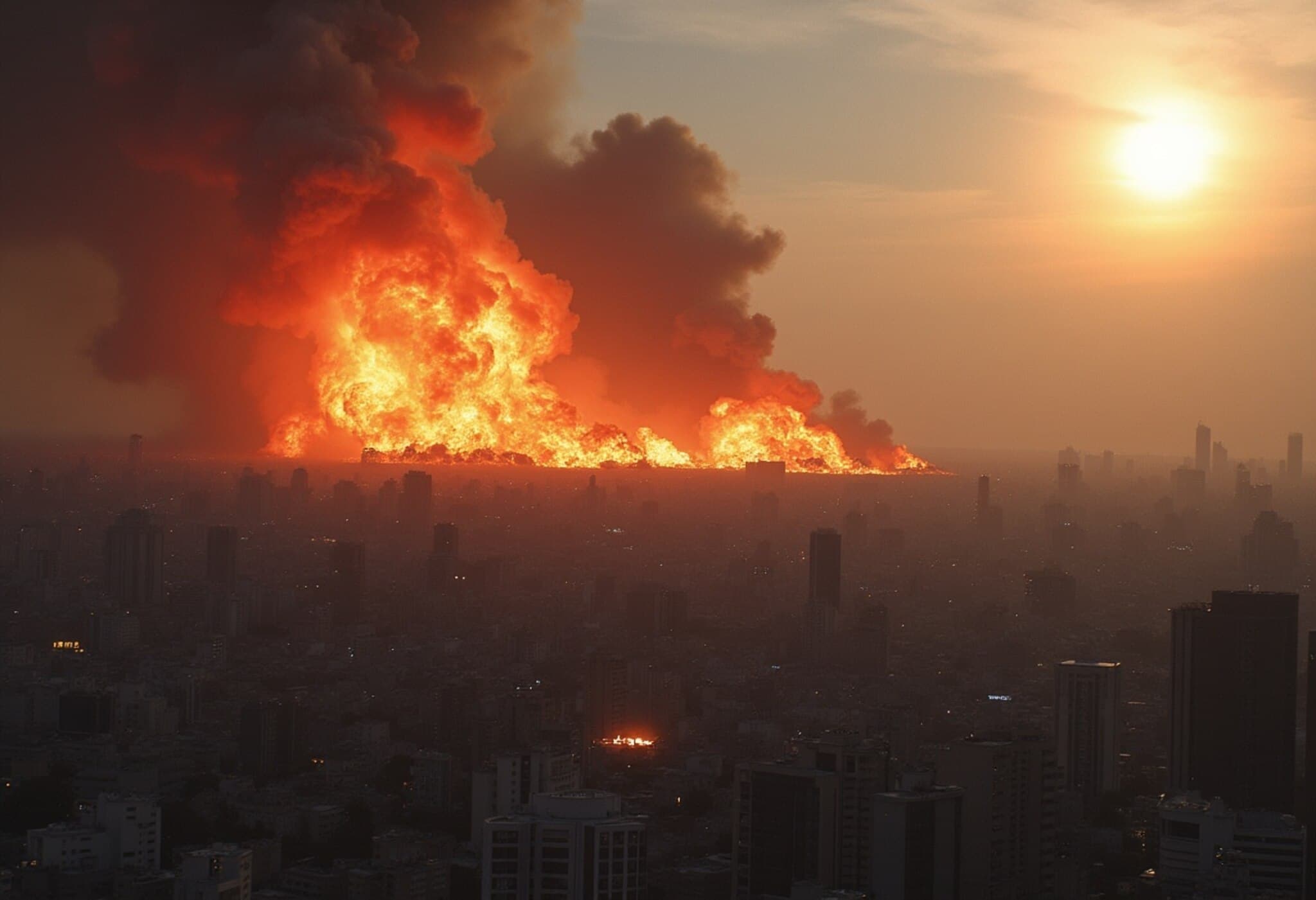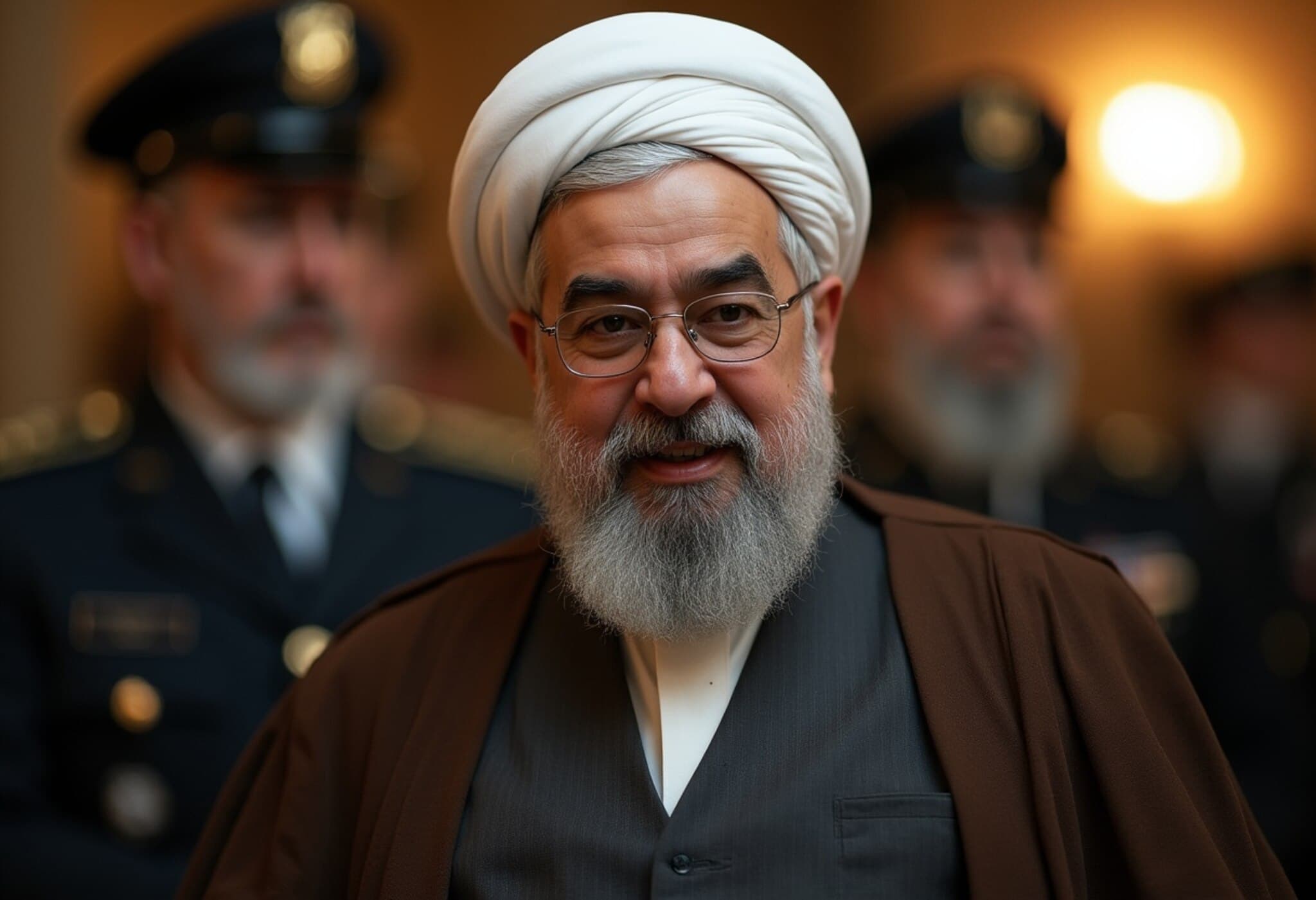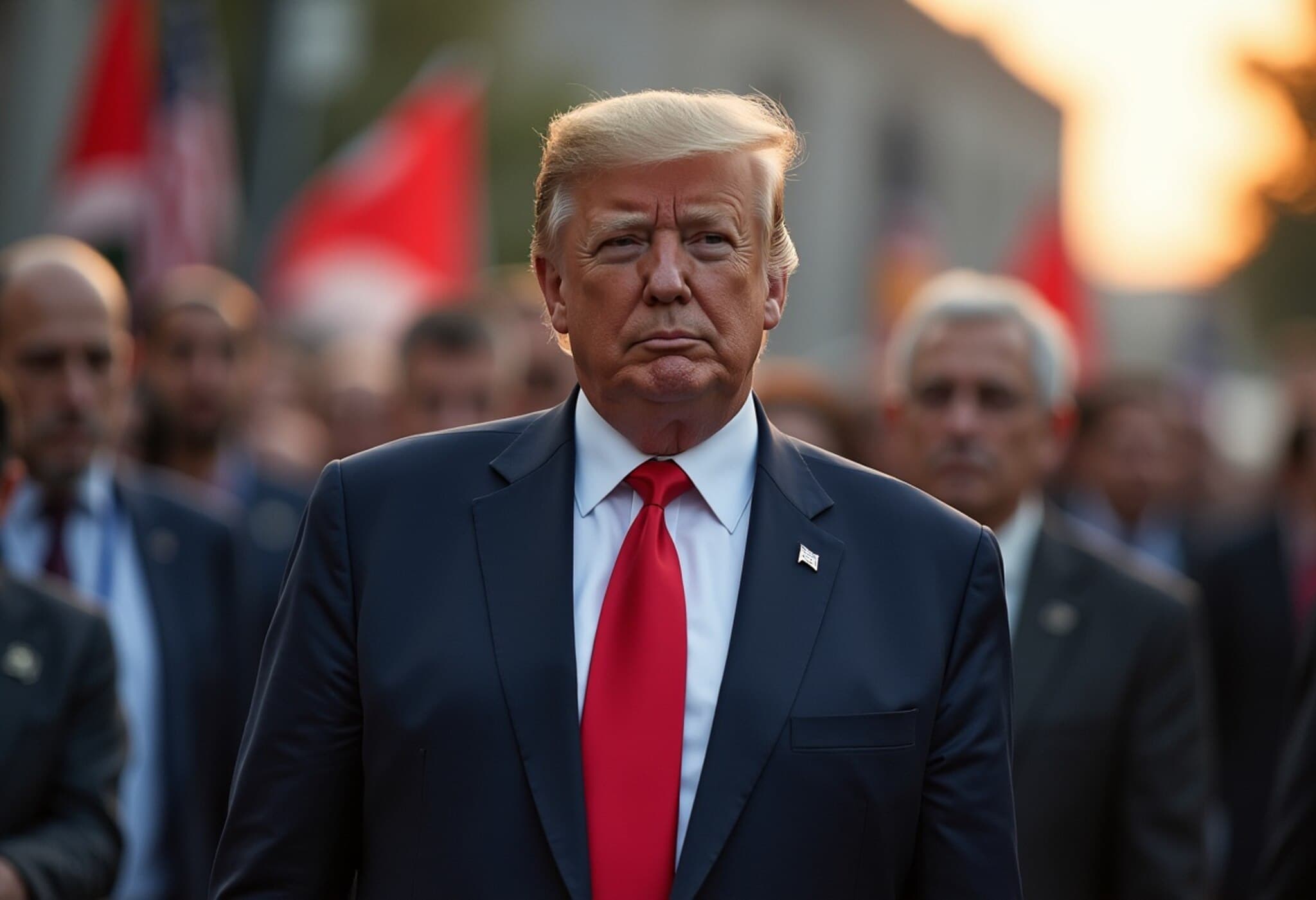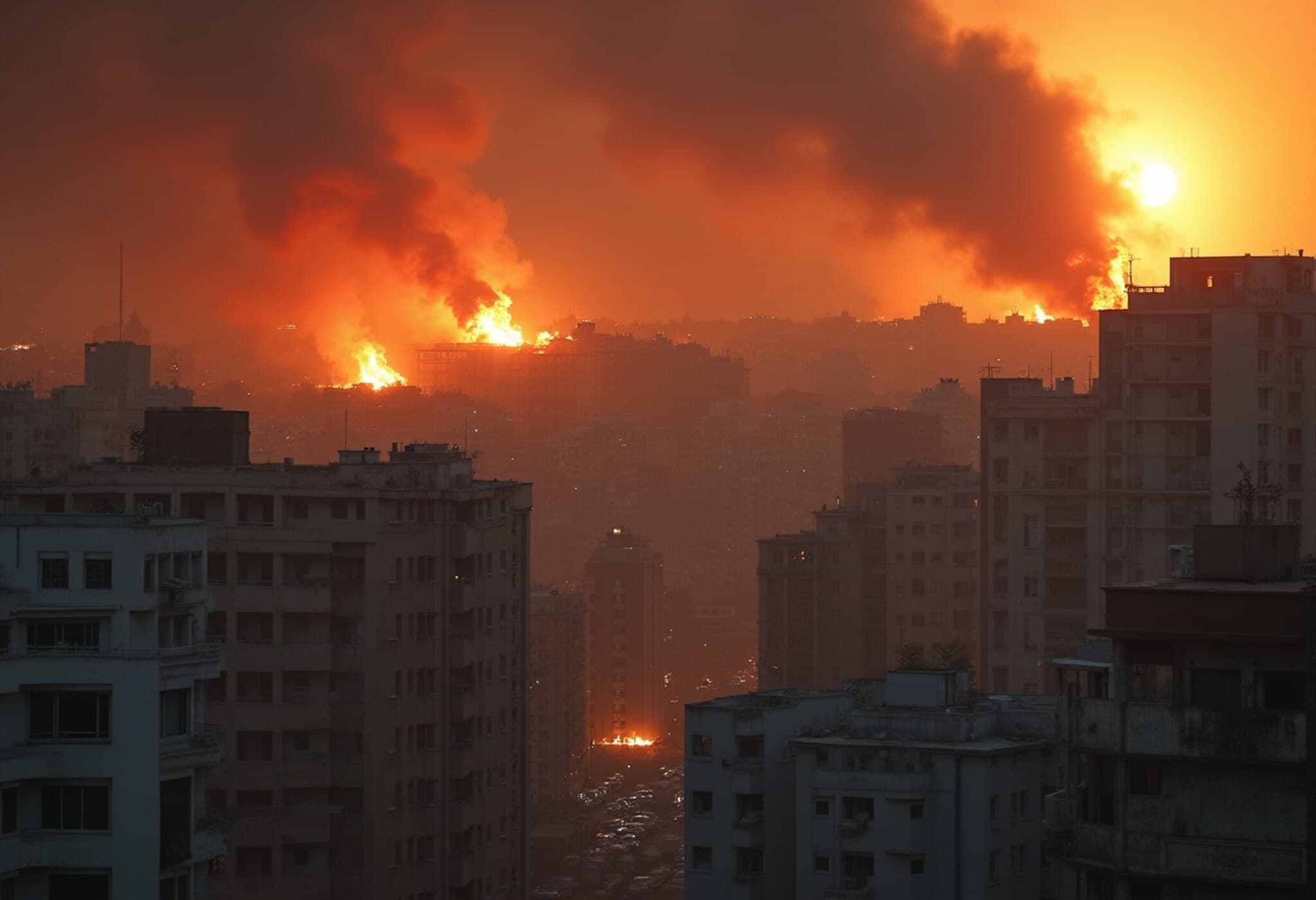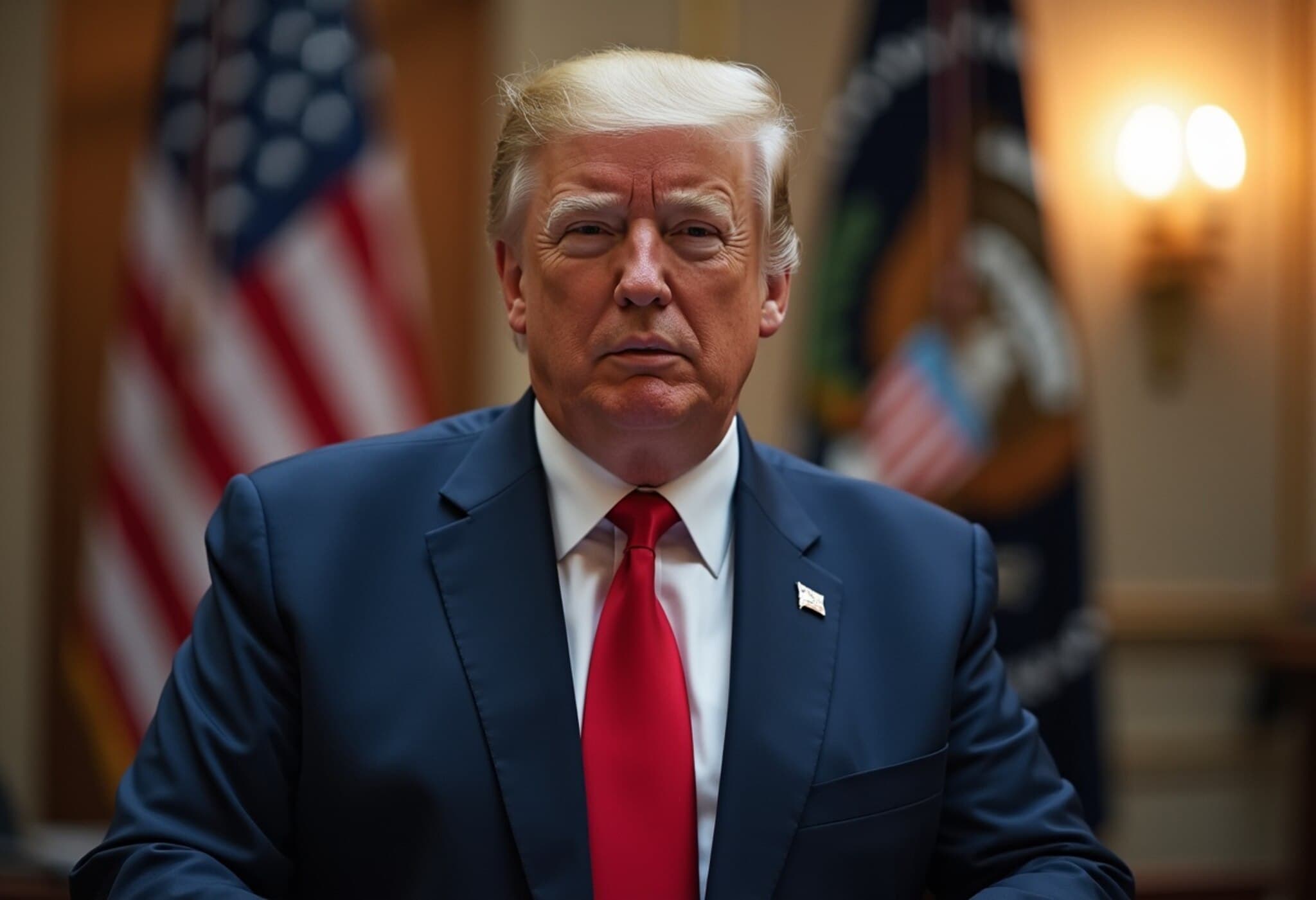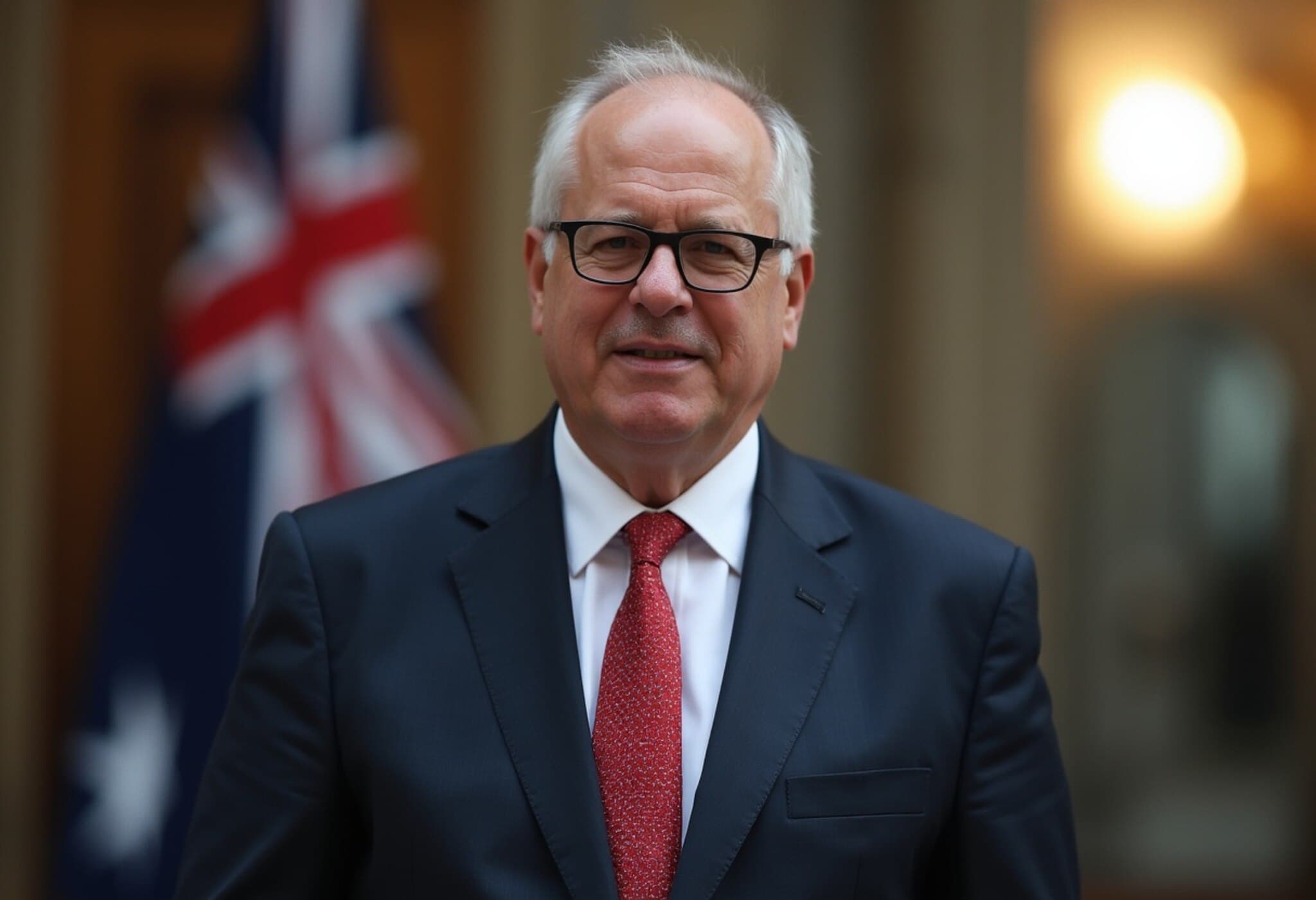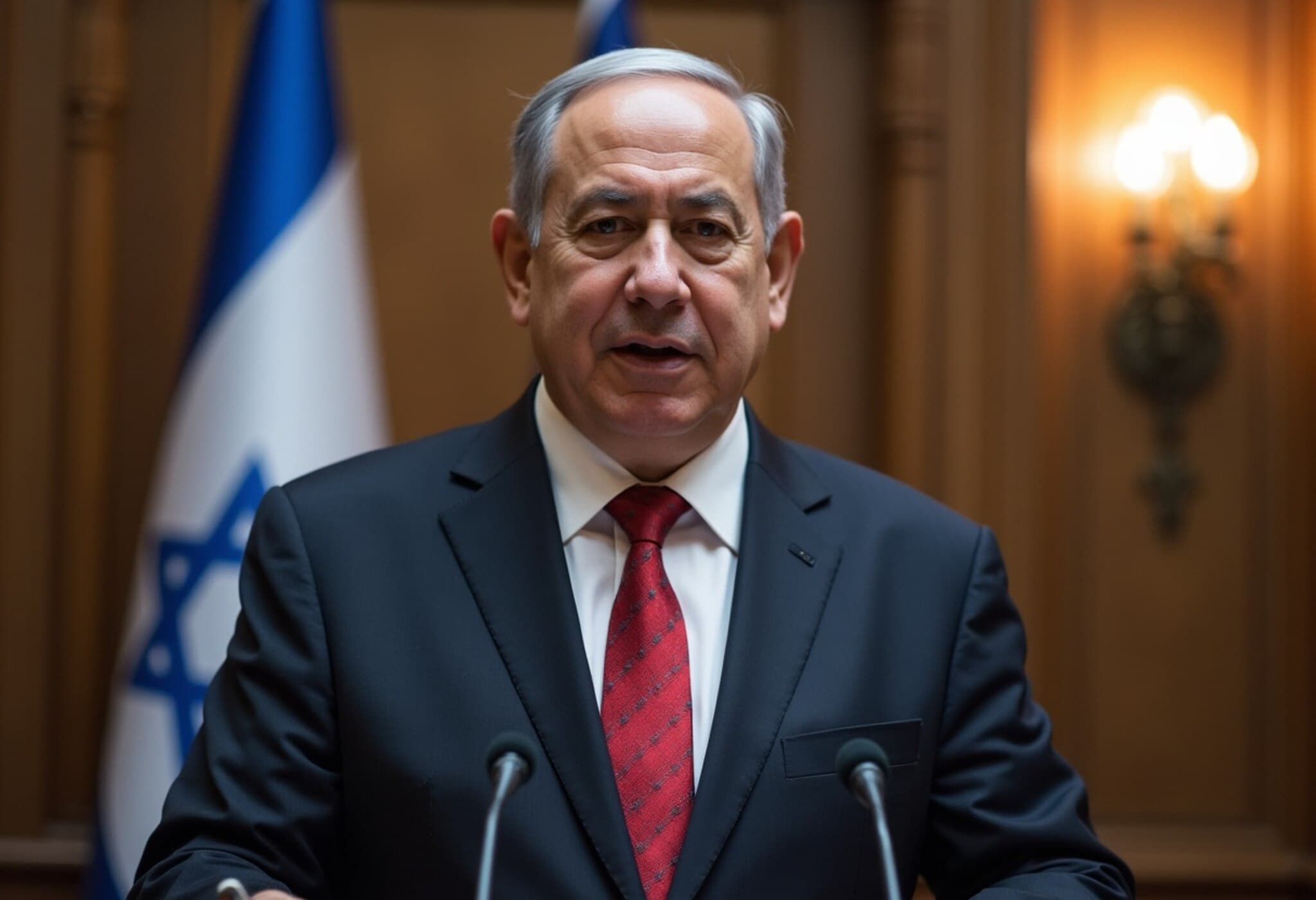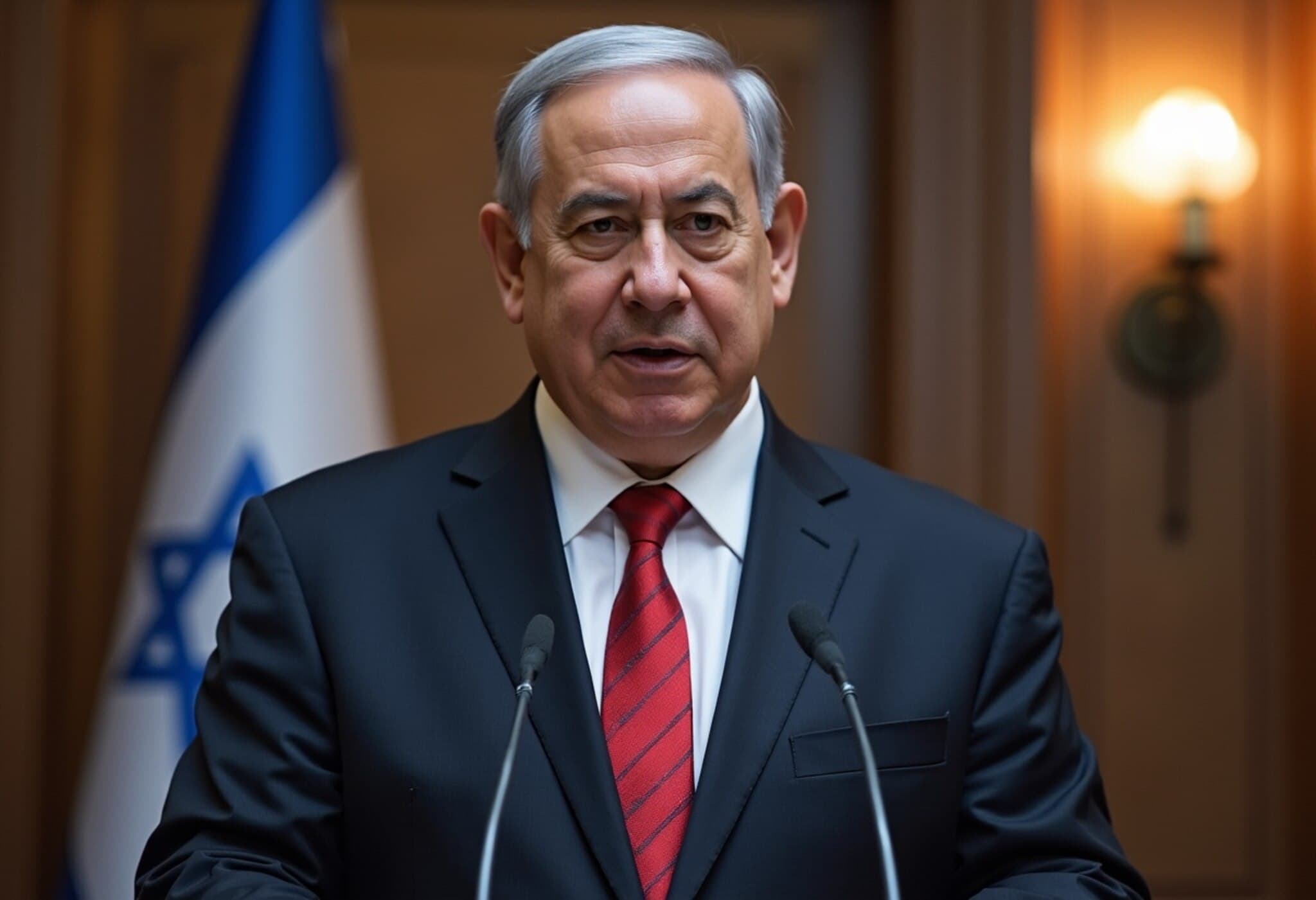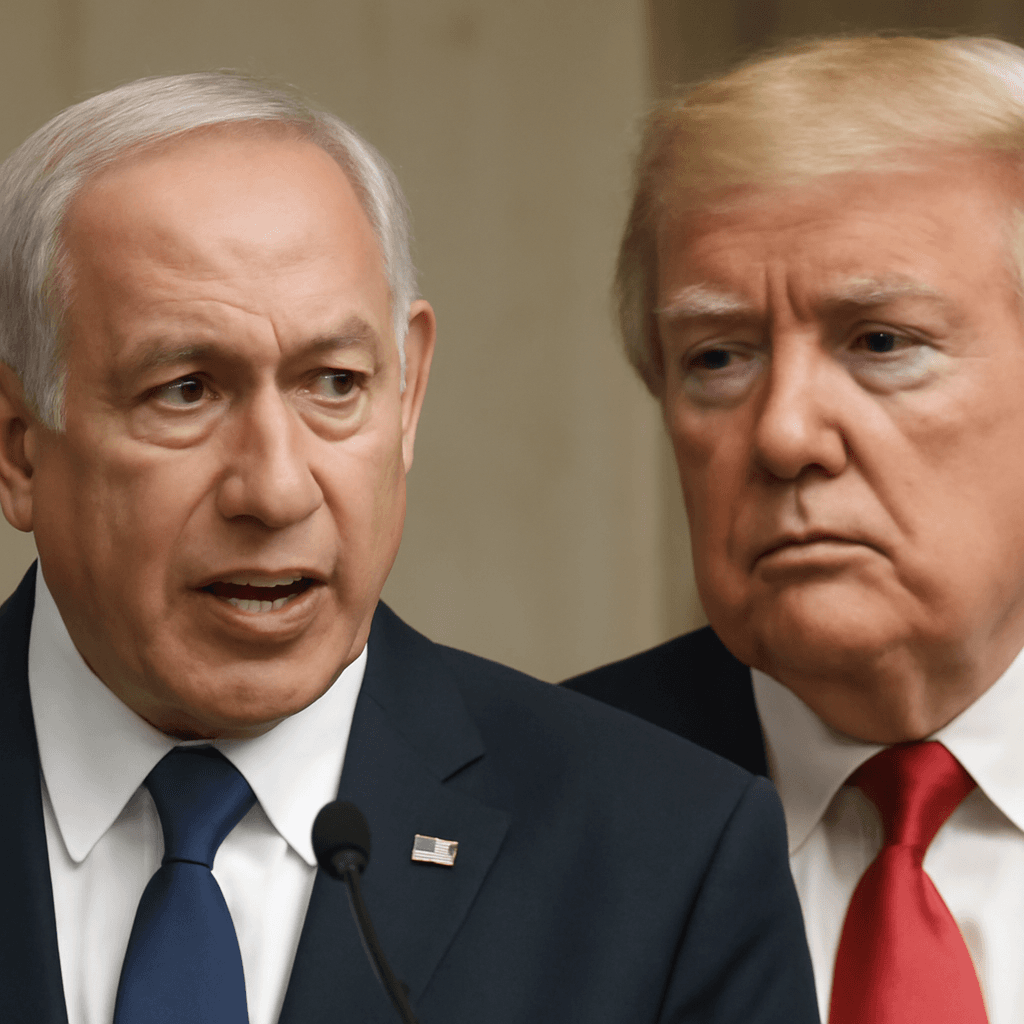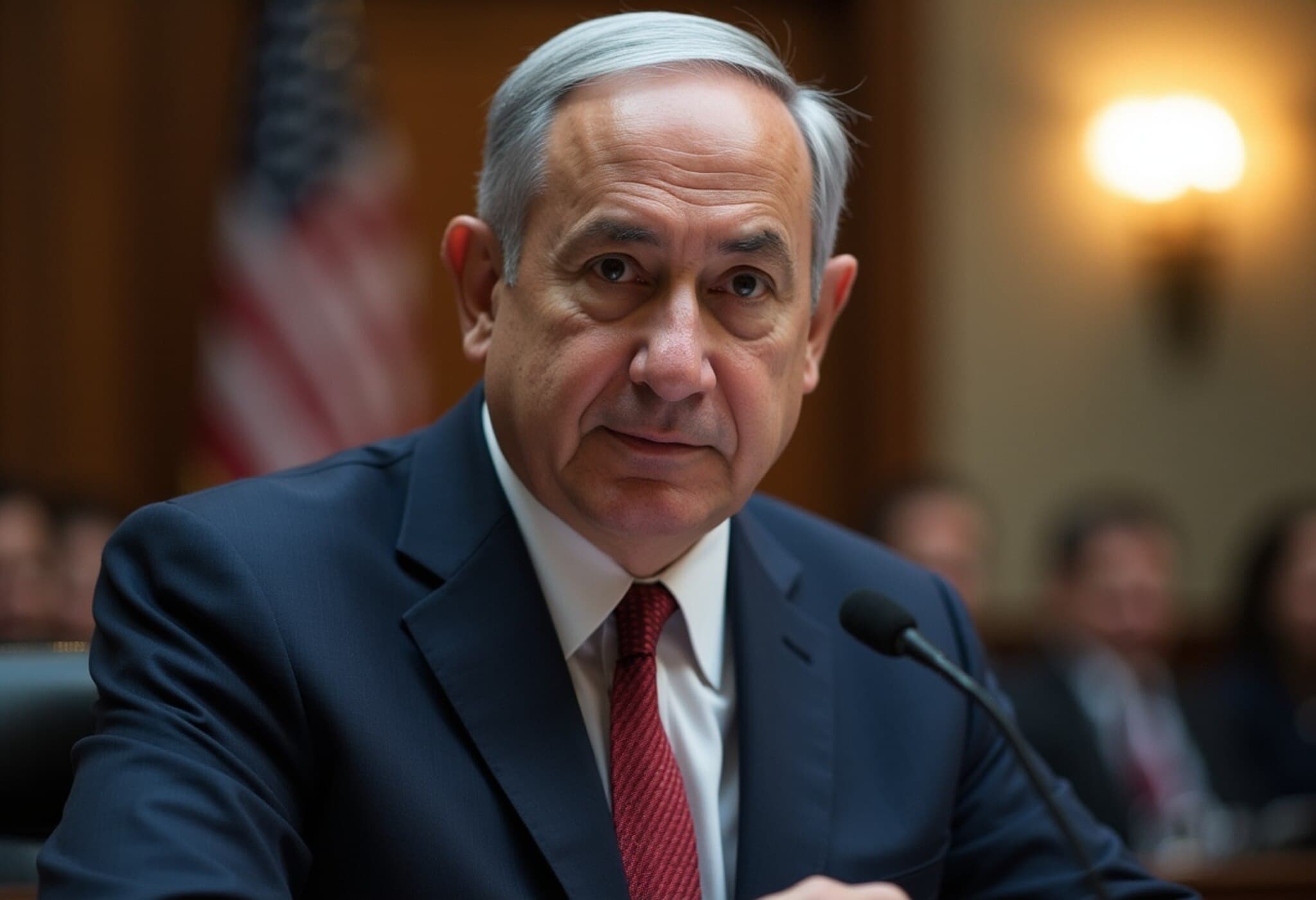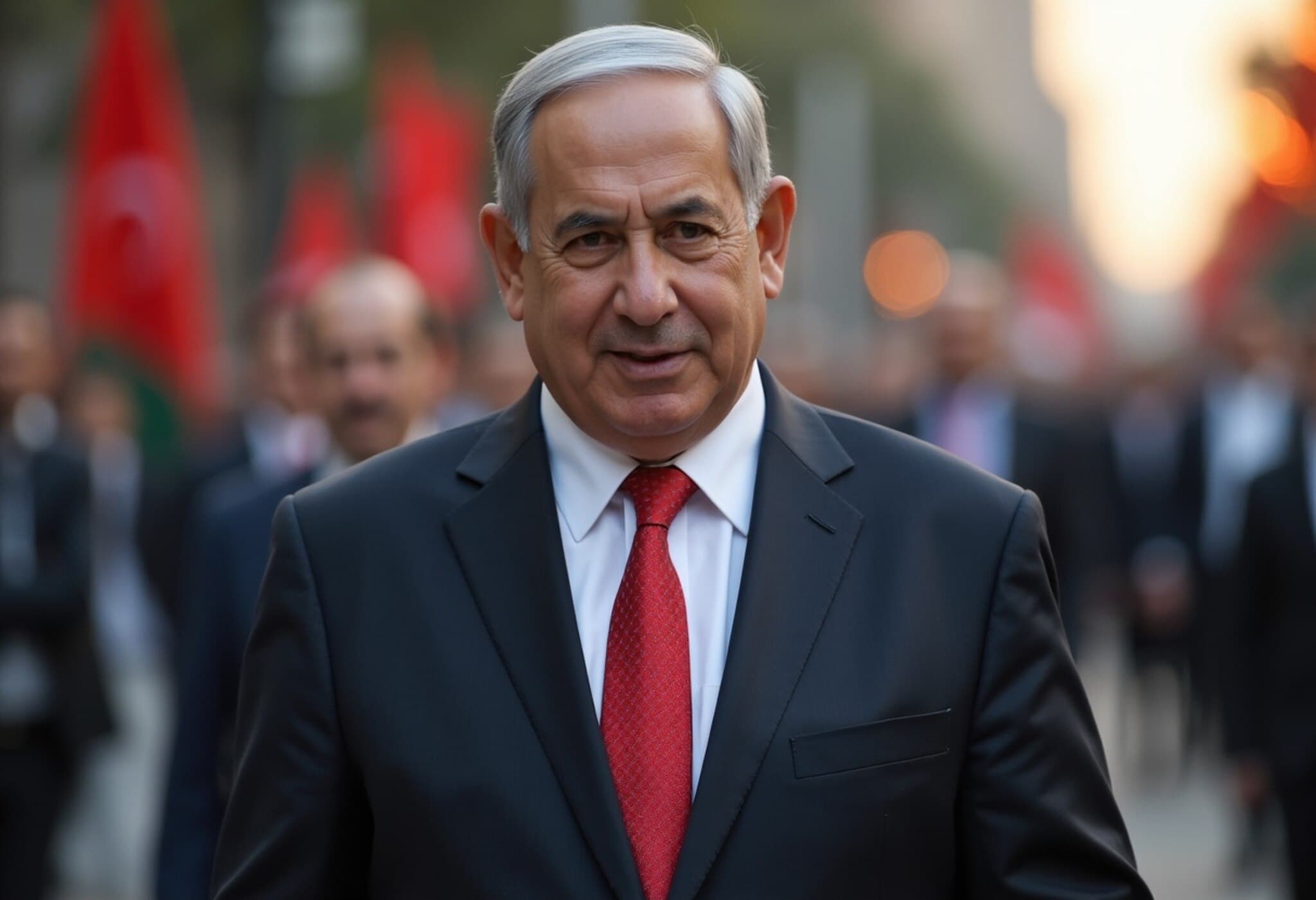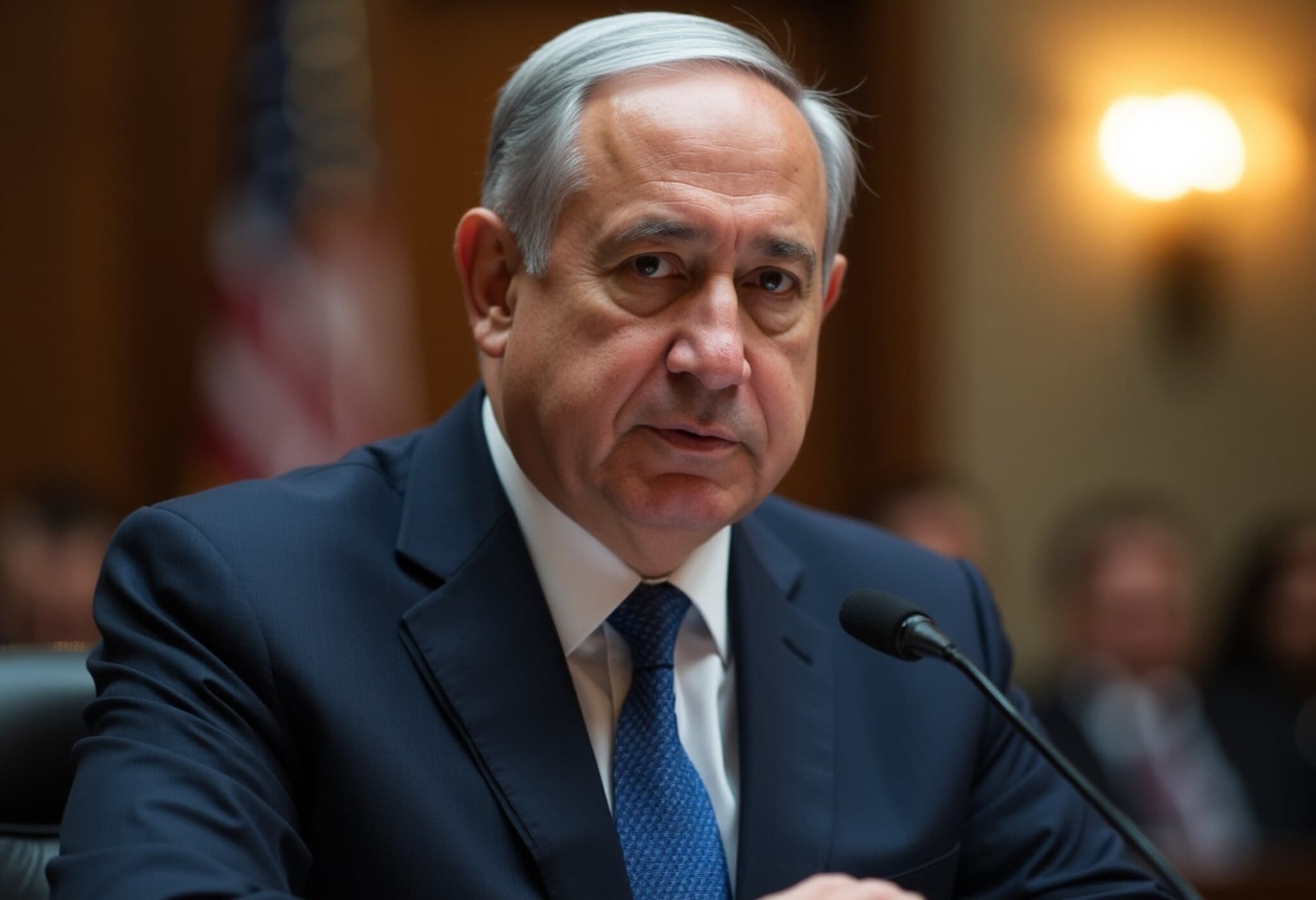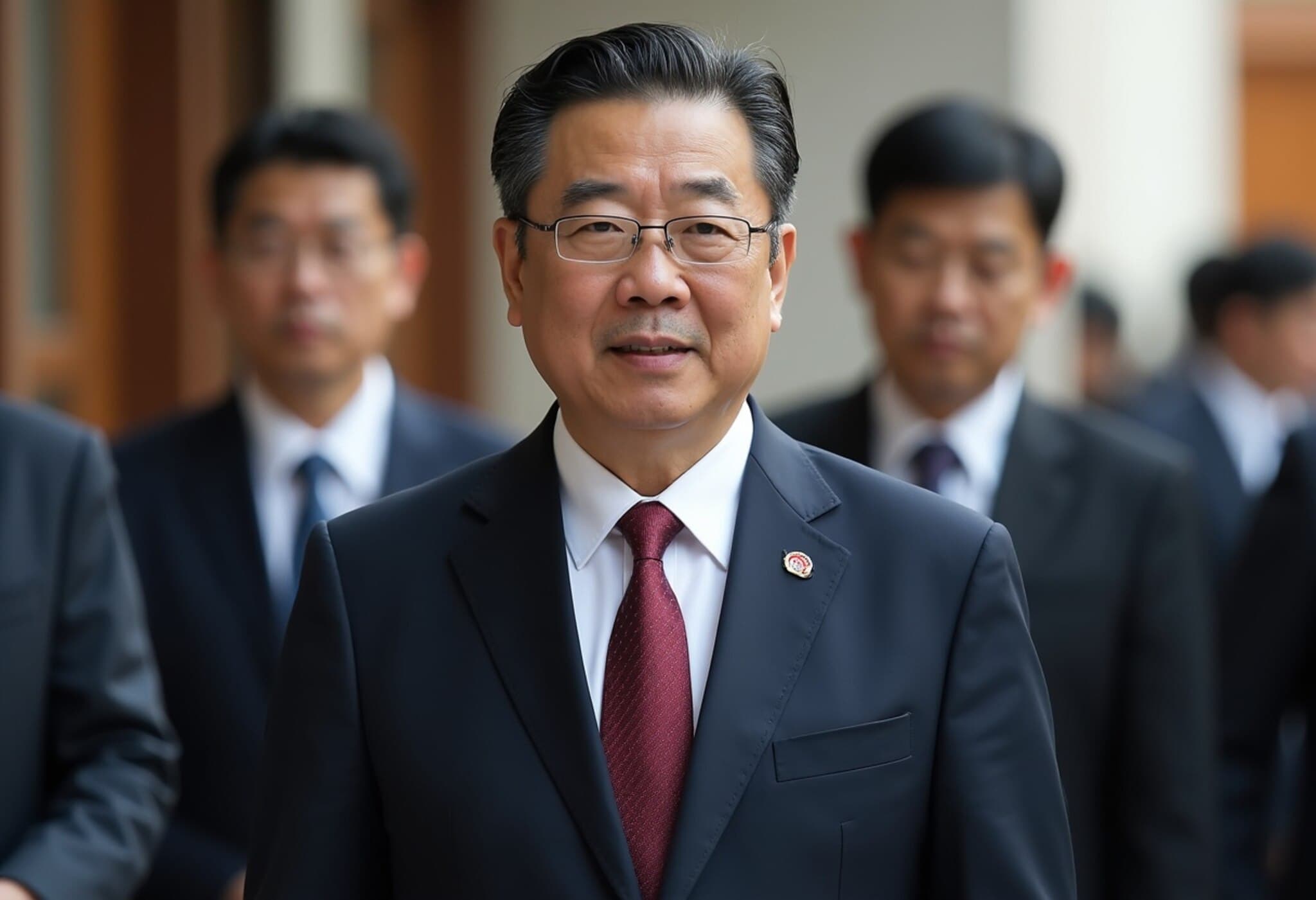Netanyahu’s Crucial Washington Visit: Gaza, Iran, and Political Calculus
As Israeli Prime Minister Benjamin Netanyahu prepares to make his third visit to Washington DC since President Donald Trump’s return to office, the diplomatic spotlight falls firmly on the agenda shaping up: a potential Gaza ceasefire, escalating tensions with Iran, and the political implications at home amid Israel's approaching elections.
Setting the Stage: A Diplomatic Return in Election Year
The upcoming Monday meeting between Netanyahu and Trump carries more weight than previous encounters. Netanyahu is not only navigating complex regional security concerns but also keenly aware that his trip could influence his election prospects back home. With Israeli polls drawing near, the Prime Minister’s Washington visit emerges as both a strategic diplomatic engagement and a potential boost to his domestic support.
The backdrop to this visit includes Israel’s recent military operations targeting Iran’s nuclear facilities — a series of strikes that Netanyahu has termed a “great victory.” This underscores the intricacy of discussions expected to unfold with the Trump administration, which remains focused on containing Iran’s nuclear ambitions.
From Awkward Encounters to Strategic Dialogue
The last summit in Washington was marked by a palpable tension. Netanyahu reportedly urged President Trump to authorize a direct strike against Iran, a request Trump declined, opting instead to pursue “direct talks” with Tehran as a last-ditch diplomatic effort. This divergence exposes the complicated dynamics at play between the Israeli and American leadership surrounding the Iran strategy.
Gaza Ceasefire: A Diplomatic Priority
Central to the agenda is the pressing issue of a Gaza ceasefire. The conflict, rekindled by a surprise Hamas attack on Israel on October 7, 2023, has caused profound humanitarian and security ramifications. President Trump is reportedly keen to broach a ceasefire agreement that would hinge on Hamas releasing the remaining hostages and paving the way for ending hostilities in the Gaza Strip.
Diplomatic efforts continue behind the scenes, with mediators engaging Hamas, attempting to bridge significant differences. The United States is also facilitating talks involving Israel and Syria to stabilize the volatile northern frontier—a lesser-known facet of the region’s interconnected conflicts that often escapes mainstream attention.
Iran-Tel Aviv Tensions and the Regional Chessboard
The Iran issue remains a cornerstone of the summit’s discussions. Netanyahu has been vocal about leveraging the recent airstrikes on Iranian assets as a launchpad for broader strategic gains. Given Tehran’s persistent nuclear ambitions and its backing of proxy groups across the region, the Israeli leader aims to coordinate closely with the U.S. to sustain pressure on Iran.
Political analyst Dr. Rachel Stein notes, "Netanyahu’s emphasis on Iranian threats resonates domestically with his hardline base, while also signaling to Washington the urgency Israel places on their shared security agenda."
Domestic Politics and Legal Challenges Shadow Visit
Beyond foreign policy, Netanyahu’s Washington trip holds critical domestic significance. It affords him the opportunity to delay upcoming legal proceedings related to corruption allegations. Israeli courts entering a summer recess from late July to early September means Netanyahu can sidestep immediate cross-examination, a politically convenient window amid his electoral campaign.
This intertwining of diplomacy and domestic maneuvering adds complexity to the visit, making it a multifaceted event that extends well beyond traditional statecraft.
What Lies Ahead: Unpacking the Stakes
- Gaza peace prospects: Can a sustainable ceasefire agreement be brokered, or will the cycle of conflict persist?
- U.S.-Israel coordination on Iran: How will the two allies align their strategies to address nuclear proliferation risks?
- Political ramifications: Will Netanyahu’s Washington visit translate into electoral gains or invite further scrutiny?
Ultimately, this summit encapsulates the delicate balance between maintaining regional security, managing international alliances, and navigating the harsh realities of political survival.
Editor’s Note
Benjamin Netanyahu’s journey to the U.S. capital symbolizes much more than a diplomatic routine — it highlights how intertwined international policy and local politics can be. The outcomes of this meeting have ramifications not just for the Middle East’s volatile peace prospects but also for the democratic processes within Israel. Observers should watch closely how Washington’s approach to Gaza and Iran evolves post-summit, and what this signals for future U.S. engagement in the region.

